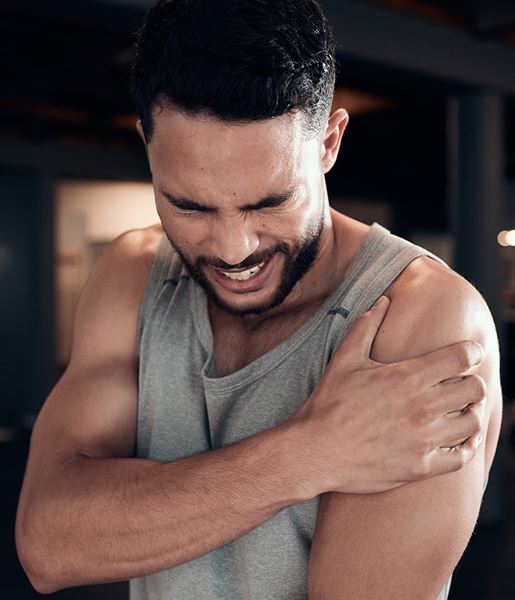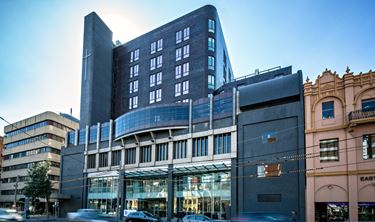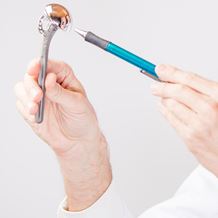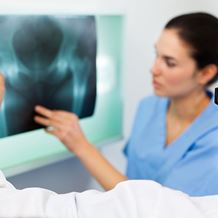Rotator Cuff Tear
- Home
- Services
- Orthopaedics
- Shoulder Orthopaedics
- Common Shoulder Conditions
- Rotator Cuff Tear
What is a rotator cuff tear?
The rotator cuff is a group of tendons that cover the head of the upper arm bone (humerus). They play an important role in facilitating movement in the shoulder joint, effectively enabling it to rotate. A rotator cuff tear can range in severity and occurs when the tendon becomes either partially or fully separated from the bone. This usually results from either age-related wear and tear, or acute injury. Other causes of degenerative tears include bone spurs that cause friction in the shoulder joint, under-nourished tendons as a result of decreased blood flow, or overuse. Common symptoms include ongoing shoulder and arm pain, arm weakness and limited mobility.
How is it treated?
Early diagnosis of a rotator cuff tear is helpful in limiting further tendon damage, loss of strength and reduced mobility that naturally occurs as a result of this condition. Although most rotator cuff tears will not heal by themselves, it is possible to treat them non-surgically using a combination of anti-inflammatory medicines, steroid injections and physiotherapy. These can be successful in relieving pain and restoring strength. If symptoms do not improve over a significant period, your doctor may recommend surgically trimming the rotator cuff using an arthroscopic debridement procedure, or complete rotator cuff reattachment surgery. This is especially useful for patients in active jobs or those who regularly enjoy sport – and for those patients experiencing ongoing pain that significantly affects their quality of life. Acute tears in younger patients will almost certainly be treated surgically.
How long does it last?
After a rotator cuff tear, the muscles around the tendons will naturally atrophy through lack of use and movement. Without surgery, patients can improve functionality through regular physiotherapy and pain relief and this process can take up to one year. If surgery is required, it may be performed arthroscopically with function returning after 4-6 months, and a full recovery taking up to 18 months.

Shoulder replacement approaches
Find a hospital with orthopaedic services
Our Hospitals



